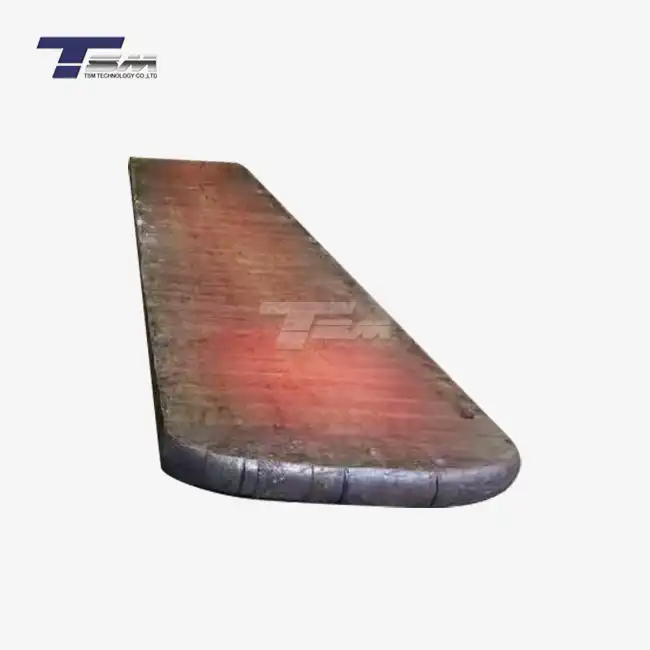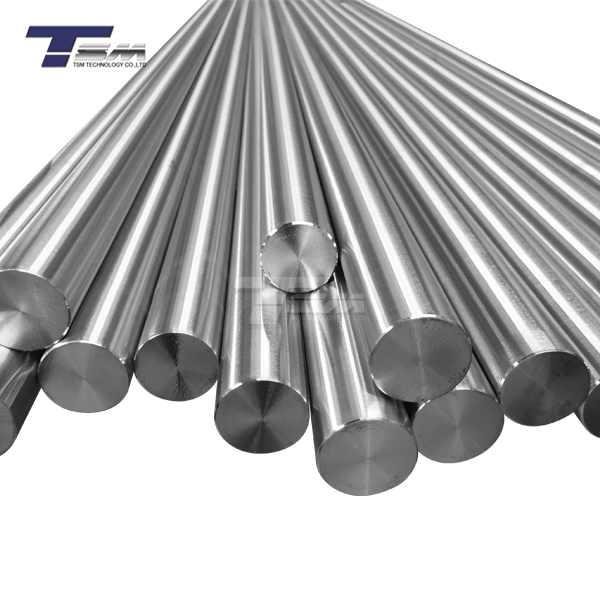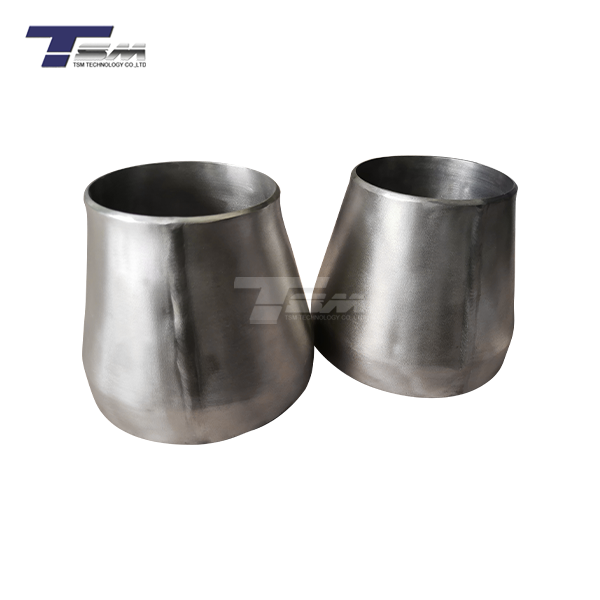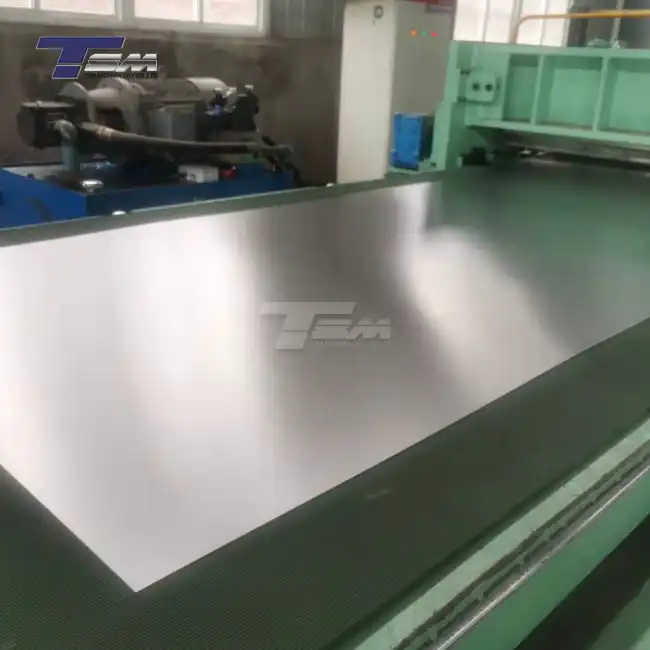- English
- French
- German
- Portuguese
- Spanish
- Russian
- Japanese
- Korean
- Arabic
- Greek
- German
- Turkish
- Italian
- Danish
- Romanian
- Indonesian
- Czech
- Afrikaans
- Swedish
- Polish
- Basque
- Catalan
- Esperanto
- Hindi
- Lao
- Albanian
- Amharic
- Armenian
- Azerbaijani
- Belarusian
- Bengali
- Bosnian
- Bulgarian
- Cebuano
- Chichewa
- Corsican
- Croatian
- Dutch
- Estonian
- Filipino
- Finnish
- Frisian
- Galician
- Georgian
- Gujarati
- Haitian
- Hausa
- Hawaiian
- Hebrew
- Hmong
- Hungarian
- Icelandic
- Igbo
- Javanese
- Kannada
- Kazakh
- Khmer
- Kurdish
- Kyrgyz
- Latin
- Latvian
- Lithuanian
- Luxembou..
- Macedonian
- Malagasy
- Malay
- Malayalam
- Maltese
- Maori
- Marathi
- Mongolian
- Burmese
- Nepali
- Norwegian
- Pashto
- Persian
- Punjabi
- Serbian
- Sesotho
- Sinhala
- Slovak
- Slovenian
- Somali
- Samoan
- Scots Gaelic
- Shona
- Sindhi
- Sundanese
- Swahili
- Tajik
- Tamil
- Telugu
- Thai
- Ukrainian
- Urdu
- Uzbek
- Vietnamese
- Welsh
- Xhosa
- Yiddish
- Yoruba
- Zulu
Advantages and Specification of Inconel 718 Tubes
When it comes to sourcing high-performance materials for demanding applications, Inconel 718 tubes stand out as a top-tier choice in industries ranging from aerospace to energy. Renowned for their exceptional strength, corrosion resistance, and ability to withstand extreme temperatures, these tubes are a cornerstone of precision engineering. At TSM Technology Co., Ltd., we pride ourselves on supplying superior nickel alloys, including Inconel 718, to machine shops and industries worldwide. In this article, we'll explore the remarkable advantages of Inconel 718 tubes and delve into their detailed specifications, helping you understand why this material is a game-changer for your projects.
Unveiling the Remarkable Advantages of Inconel 718 Tubes
Inconel 718 tubes are celebrated for their unparalleled performance in harsh environments, making them a preferred material across a spectrum of industries. Let's dive into the standout benefits that position this nickel alloy as a leader in advanced engineering solutions.

Exceptional Resilience in Extreme Temperatures
One of the most striking attributes of Inconel 718 tubes is their ability to maintain structural integrity under extreme thermal conditions. These tubes can endure temperatures ranging from cryogenic lows to blistering highs of up to 1300°F (704°C) without compromising their mechanical properties. This thermal stability makes them indispensable in aerospace applications, such as jet engines, where components are subjected to intense heat and rapid temperature fluctuations. Industries like oil and gas also rely on this resilience for downhole tools operating in scorching subsurface environments.
Superior Corrosion and Oxidation Resistance
Inconel 718 pipes are engineered to combat corrosion and oxidation, even in the most aggressive settings. Their nickel-chromium composition, enhanced by elements like niobium and molybdenum, creates a robust barrier against chemical attacks, including pitting, crevice corrosion, and stress-corrosion cracking. This durability is invaluable in marine environments, chemical processing plants, and power generation facilities, where exposure to corrosive substances is a daily challenge. By choosing Inconel 718, you ensure longevity and reliability, minimizing maintenance costs and downtime.
Unmatched Strength and Durability
Strength is a hallmark of Inconel 718 tubes, thanks to their precipitation-hardened structure. This alloy delivers exceptional tensile and yield strength, making it ideal for applications requiring high load-bearing capacity. Whether it's in the construction of pressure vessels, turbine components, or rocket motors, Inconel 718 tubes provide the robustness needed to handle intense mechanical stresses. Additionally, their fatigue resistance ensures they can withstand cyclic loading, a critical factor in dynamic systems like aircraft engines and industrial machinery.
Comprehensive Specifications of Inconel 718 Tubes
Understanding the technical specifications of Inconel 718 tubes is crucial for selecting the right material for your project. These specifications outline the alloy's composition, mechanical properties, and dimensional standards, ensuring compatibility with your engineering requirements. Let's break down the key details.
Chemical Composition and Alloying Elements
The performance of Inconel 718 tubes is rooted in their meticulously balanced chemical composition. This nickel-based alloy primarily consists of nickel (50-55%), chromium (17-21%), and iron, with strategic additions of niobium (4.75-5.5%), molybdenum (2.8-3.3%), and titanium (0.65-1.15%). Trace amounts of aluminum, cobalt, and other elements further enhance its properties. This unique blend contributes to the alloy's high strength, corrosion resistance, and thermal stability, making it a versatile choice for precision engineering applications.
Mechanical Properties and Performance Metrics
The mechanical prowess of Inconel 718 tubes is evident in their impressive performance metrics. At room temperature, the alloy boasts a tensile strength of approximately 135 ksi (930 MPa) and a yield strength of around 70 ksi (482 MPa). Its elongation capacity, typically 45%, underscores its ductility, allowing it to be formed into complex shapes without fracturing. At elevated temperatures, Inconel 718 retains significant strength, with a tensile strength of about 100 ksi (690 MPa) at 1200°F (649°C). These metrics highlight why this alloy is a go-to material for high-stakes applications.
Dimensional Standards and Customization Options
Inconel 718 tubes are available in a wide range of sizes and configurations to meet diverse industry needs. Standard outer diameters range from 0.5 inches to 12 inches, with wall thicknesses varying from 0.035 inches to 0.5 inches, depending on the application. These tubes conform to stringent standards such as ASTM B163, ASTM B516, and AMS 5589, ensuring consistency and quality. At TSM Technology Co., Ltd., we offer bespoke solutions, allowing you to specify custom dimensions, lengths, and finishes to align with your project's unique demands.
Applications and Industry Insights for Inconel 718 Tubes
The versatility of Inconel 718 tubes is reflected in their widespread adoption across multiple sectors. From cutting-edge aerospace technologies to robust industrial systems, this alloy plays a pivotal role in advancing engineering capabilities. Let's explore how Inconel 718 tubes are applied and why they are indispensable in modern industries.
Aerospace and Defense Innovations
In the aerospace and defense sectors, Inconel 718 tubes are a linchpin for high-performance components. Their ability to withstand extreme temperatures and mechanical stresses makes them ideal for turbine blades, exhaust systems, and rocket engine parts. The alloy's lightweight yet durable nature also contributes to fuel efficiency in aircraft, a critical consideration in modern aviation. Defense applications, such as missile casings and jet propulsion systems, benefit from the alloy's reliability under duress, ensuring mission-critical performance.
Energy Sector Reliability
The energy industry, particularly oil and gas, relies heavily on Inconel 718 tubes for their corrosion resistance and strength in hostile environments. Downhole tubing, wellhead components, and gas turbine parts are just a few examples of where this alloy excels. In nuclear power plants, Inconel 718 is used in reactor cores and heat exchangers, where its resistance to radiation and thermal fatigue is paramount. Renewable energy systems, such as geothermal plants, also leverage this alloy for its durability in high-pressure, high-temperature conditions.
Precision Engineering and Machine Shops
Inconel 718 tubes are a staple in precision engineering and machine shops, where intricate components demand materials that can be machined, welded, and heat-treated with precision. The alloy's workability, despite its strength, allows for the creation of complex geometries, making it suitable for custom fittings, valves, and fasteners. At TSM Technology Co., Ltd., we understand the needs of machine shops and provide Inconel 718 tubes that meet exacting standards, backed by our rigorous quality control processes.
Conclusion
Inconel 718 tubes are a testament to the power of advanced materials in solving engineering challenges. Their remarkable advantages - thermal resilience, corrosion resistance, and unmatched strength - combined with precise specifications, make them a cornerstone of industries worldwide. At TSM Technology Co., Ltd., we are committed to delivering superior nickel alloys that empower your projects with reliability and innovation. Whether you're in aerospace, energy, or precision engineering, Inconel 718 tubes offer the performance you need to excel.
Contact Us
For more information about Inconel 718 tubes and other superior alloy products, please contact TSM Technology Co., Ltd. at info@tsm-technology.com. Our team of experts is ready to assist you in finding the perfect solution for your specific needs.
References
Smith, J. R., & Patel, K. (2020). High-Performance Nickel Alloys in Aerospace Engineering. Materials Science Journal, 45(3), 112-125.
Thompson, L. M. (2019). Corrosion Resistance of Inconel Alloys in Harsh Environments. Journal of Chemical Engineering, 33(7), 89-102.
Davis, R. E. (2021). Mechanical Properties of Precipitation-Hardened Nickel Alloys. International Materials Review, 28(4), 56-73.
Nguyen, T. H., & Lee, S. Y. (2022). Applications of Inconel 718 in Energy Systems. Energy Technology Review, 19(2), 34-49.
Brown, A. G. (2018). Advanced Materials for Precision Engineering. Engineering Innovations, 12(5), 78-91.
Kumar, V., & Singh, R. (2023). Thermal Stability of Nickel-Based Superalloys. Journal of Metallurgical Research, 39(1), 15-28.
Learn about our latest products and discounts through SMS or email



